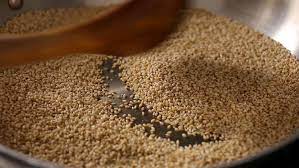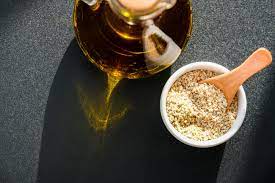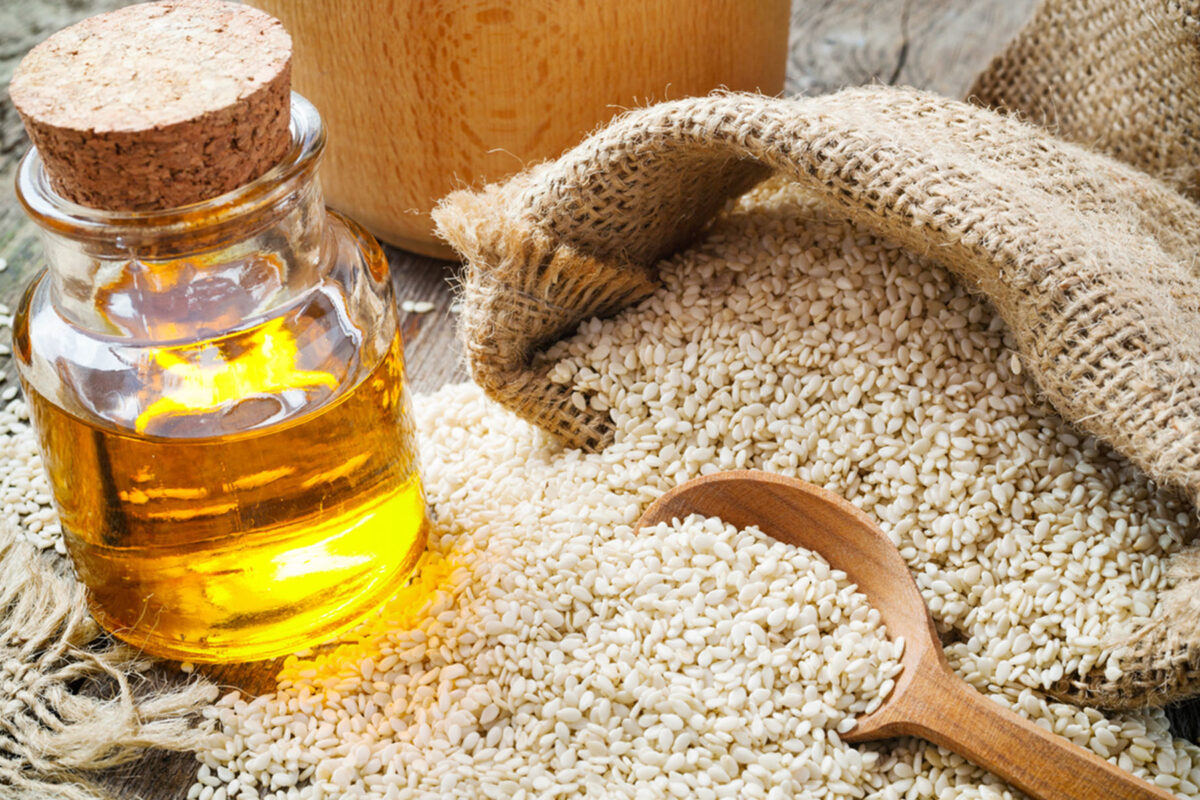Bottom Line:
Dates, with their succulent sweetness, are not just a treat to the palate but are also nutrient-dense powerhouses that have accompanied human civilization for ages. Their health benefits can truly transform them from mere delicacies to staples in our daily diet.
The date, a simple fruit of the Middle East, has intertwined itself with human history due to its substantial health attributes and delightful taste. Now celebrated worldwide, dates are not just culinary gems but are also packed with health-enhancing qualities. This detailed exploration delves into the varied benefits of dates, encompassing their nutritional abundance, health benefits, and the diversity within the fruit’s types.
Vitamins and Minerals in Dates
Dates are not merely sweet bites; they’re capsules of essential nutrients. Originating from the nutrient-rich soils, these fruits encapsulate an impressive array of vitamins and minerals that ensure overall well-being. Vital components such as vitamin B6, magnesium, potassium, and iron are present in abundance. These elements don’t just serve as micronutrients; they play an instrumental role in the body’s core processes, such as energy synthesis and maintaining nerve health.
The skeletal system, the framework of our body, also draws immense benefits from dates. Their rich content of calcium, phosphorus, and magnesium act as the building blocks for our bones. Consuming dates regularly can not only maintain but also elevate bone health, acting as a shield against conditions like osteoporosis.
Sweetness in nature often comes with the caveat of increased sugar levels. However, dates defy this convention. Despite their innate sweetness, their low glycemic index ensures that their sugars are metabolically released at a gradual pace. This controlled release prevents sudden blood sugar spikes, making dates an ideal natural sweetener, even for those with a watchful eye on their sugar consumption.
Dates: The Guardians of Health
Every morsel of a date is an investment in one’s health. Delving deeper into their health benefits, dates emerge as silent guardians of heart health. Their enriched antioxidant profile actively combats conditions like atherosclerosis, the notorious artery-clogging ailment. But the heart benefits don’t end there. The significant potassium content in dates aids in the regulation of both blood pressure and heart rhythms, ensuring a heart that beats healthily.
The human brain, complex and vital, also finds an ally in dates. These fruits are replete with compounds that have shown potential in reducing brain inflammation. Such attributes make dates a promising dietary addition for those seeking to fend off neurodegenerative diseases like Alzheimer’s. Additionally, dates are not just about protection; they enhance too. The vitamin B6 they contain works wonders in sharpening memory and boosting overall cognitive abilities.
While many foods cater to either the mind or the heart, dates cater to the gut as well. Digestive health, often overlooked, gains prominence with the consumption of dates. Their rich fiber content ensures smooth digestion and fosters a conducive environment for gut health. By including dates in one’s diet, one is not just preventing potential digestive discomforts but actively promoting a healthy gastrointestinal system.
A World of Dates: Exploring the Varieties
Dates, though unified in their health benefits, manifest in an array of types, each with its unique narrative and flavor profile. Medjool dates stand tall amongst their peers, rightfully earning the title of ‘king of dates’. Their large stature, coupled with a caramel-like texture, makes them a preferred choice for many when consumed fresh.
On the culinary spectrum, Deglet Noor dates find favor, especially in dishes that require a firm textured ingredient. These dates, with their inherent semi-dry nature, lend a delightful, sweet, yet slightly nutty flavor to preparations, making them indispensable in many recipes.
Tracing their lineage to the sacred lands of Saudi Arabia, Ajwa dates are not just about taste; they’re about tradition. Holding a revered spot in Islamic culture, these dates are soft, packed with a fruity essence, and believed to possess numerous health benefits. Ajwa dates seamlessly blend culinary pleasure with traditional medicinal beliefs, making them unique in the world of dates.
Conclusion
The humble date, while being a treat to savor, emerges as a symbol of health, history, and tradition. Whether it’s about bolstering health with a rich array of nutrients, offering protection against ailments, or just delighting with diverse flavors across varieties, dates stand out as nature’s gift to mankind. As we savor them in myriad forms, it’s essential to recognize and appreciate the holistic goodness they bring to our plates and palates.




